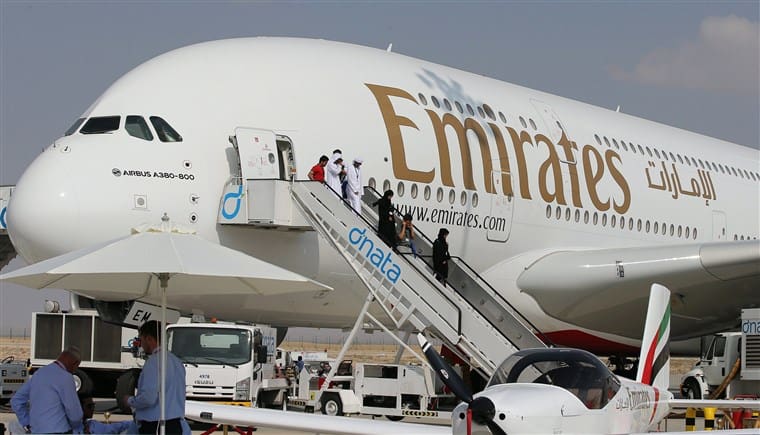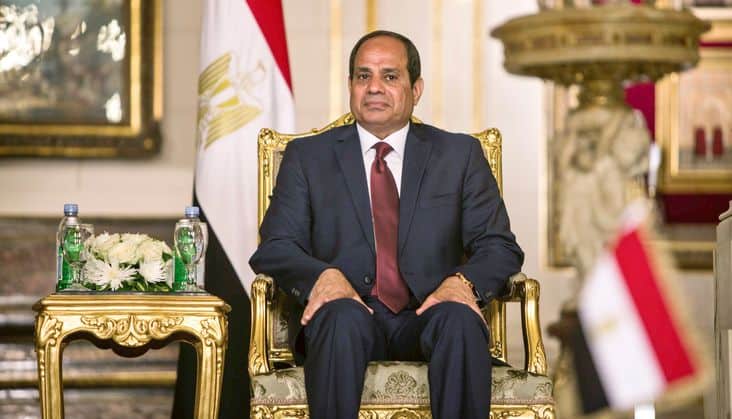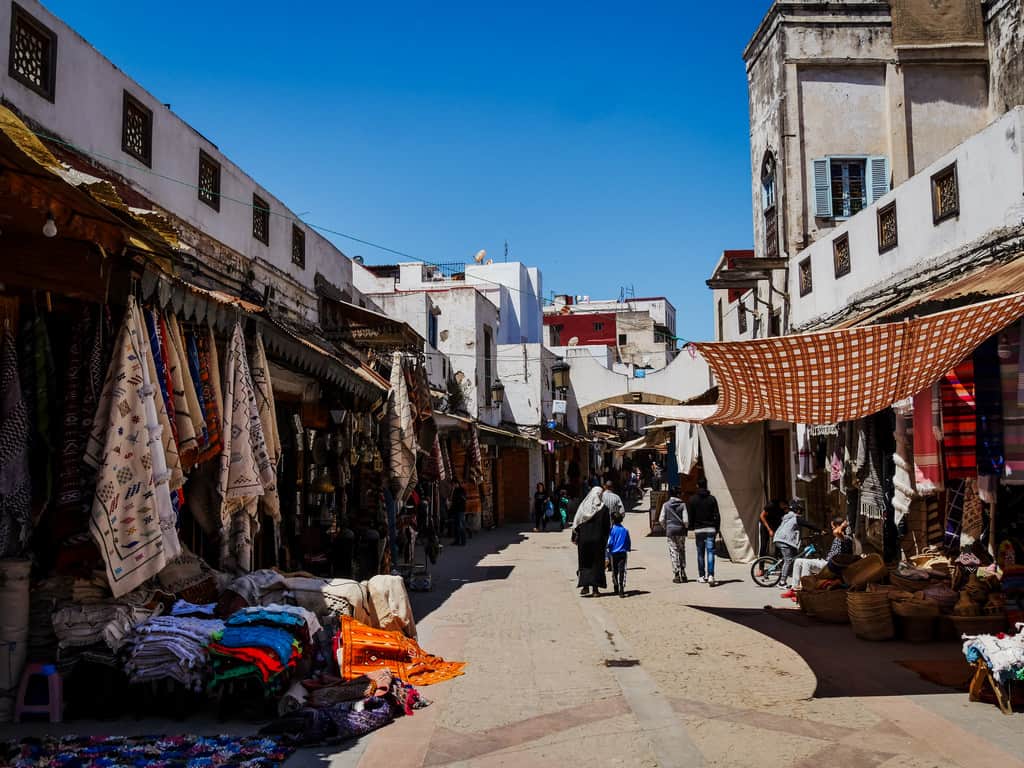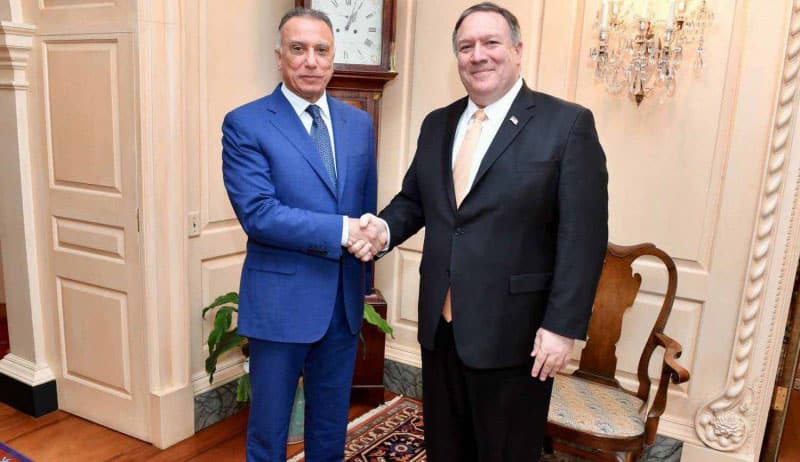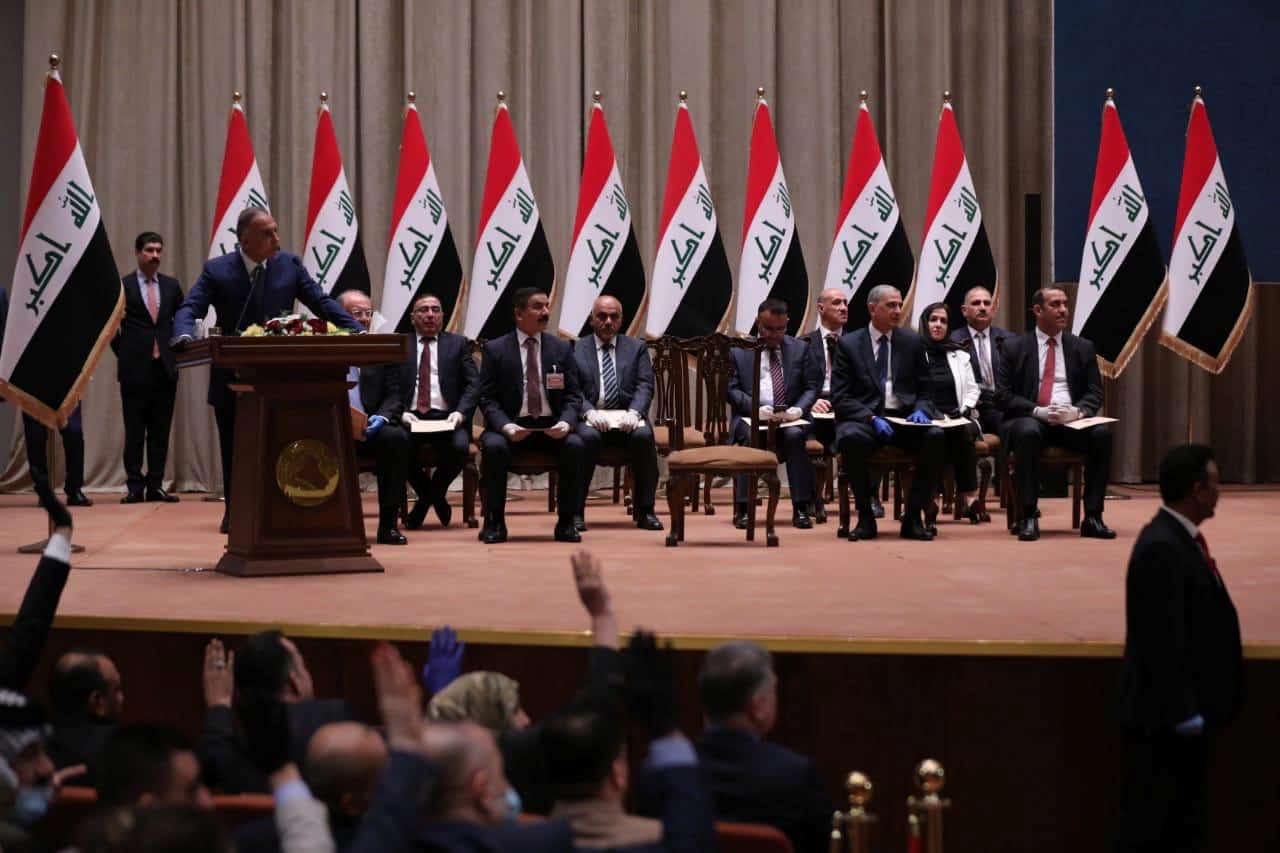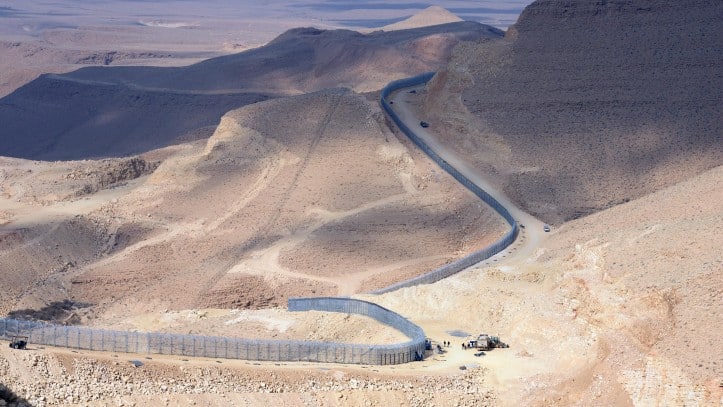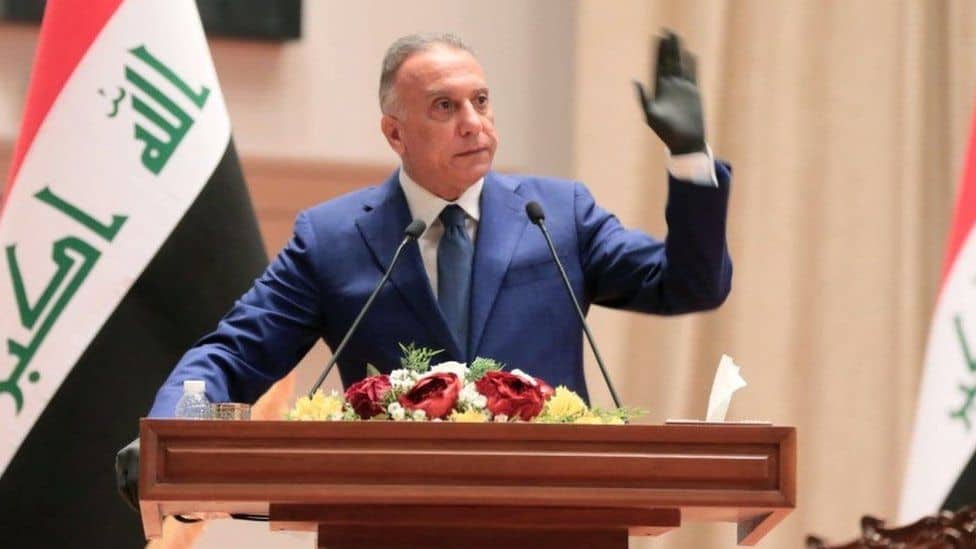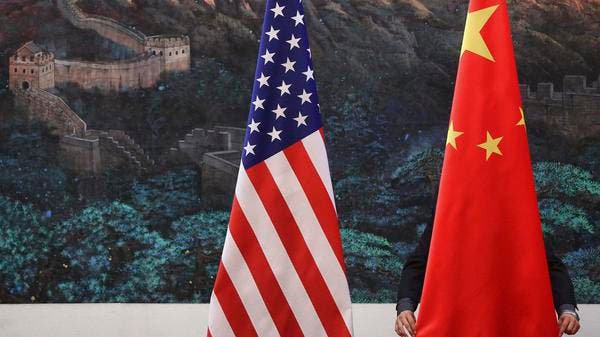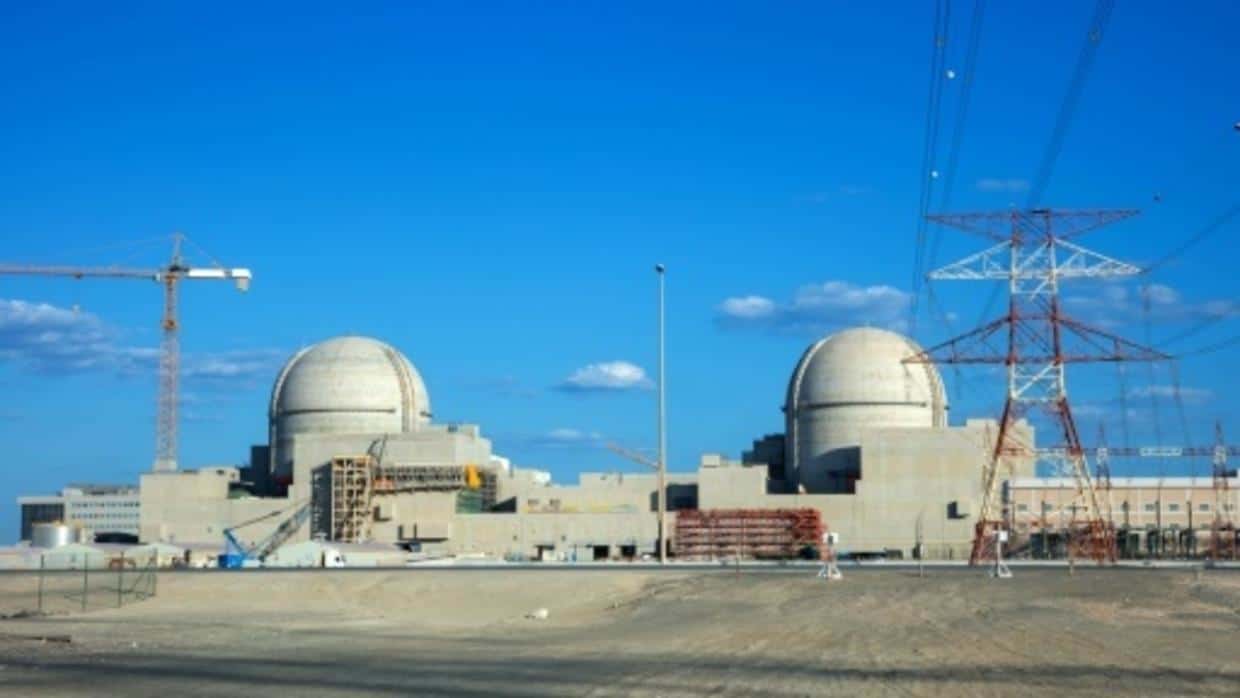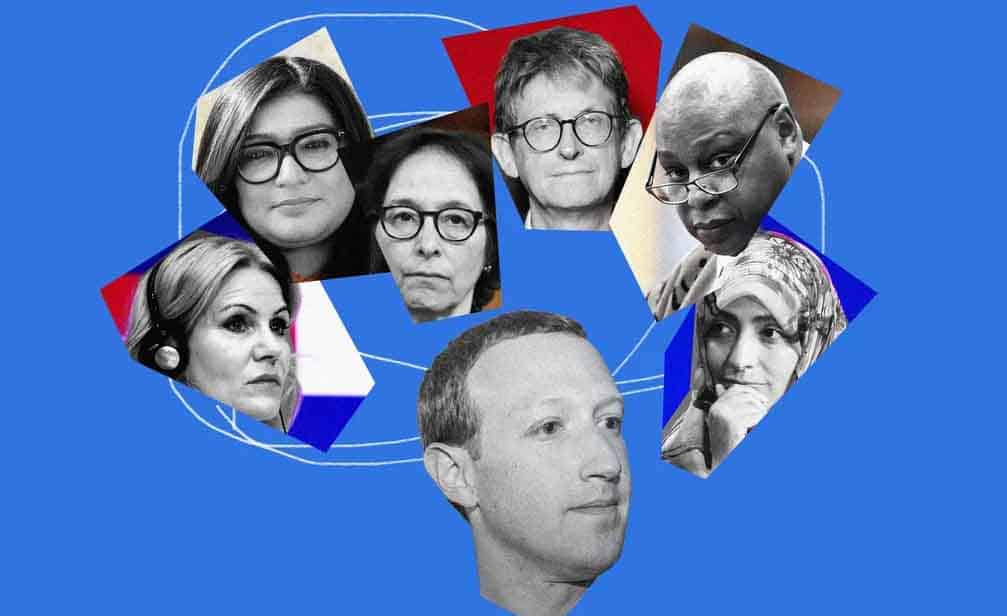Ramadan amid COVID-19 is a strange thing. It is only the second Ramadan I have experienced since moving to Morocco in October 2018, yet the yearly Islamic festival of fasting and feasting is already precious to me.
As a Dutch person who was brought up in a secular family, religious holidays never meant much to me, except from the obvious joy of having a day off and sharing an occasional nice dinner or gifts. The first time I experienced Ramadan, however, still holds a special meaning for me.
Coming to Morocco
In the summer of 2018 my wife and I had decided to make what some deemed a radical move. We wanted to move away from my native Netherlands and move to North Africa. We felt weighed down by bills, taxes, and stress. After years of fruitlessly trying to secure residency papers for my Indonesian wife, the frustration about the lack of welcome we felt drove us south.
My wife and I had met studying international politics in the Netherlands, but following our graduation, Europe held little promise in the ways of fulfilling jobs or an outlook for a comfortable life. Around us we saw the people in our low-income neighborhood suffer under increased austerity and diminishing social benefits, leaving behind exactly those that needed the most support.
So we did our research, looked for a country that held potential for the future, with a positive outlook and enough stability to build a new life. That country for us was Morocco. In October 2018 we exhausted our funds on a second-hand car, packed our dog and all our worldly belongings in the back, and set off on a 3,000-kilometer drive south.
Cultural differences
I had found one of the few jobs that would guarantee me a contract, income, and a way to get a residency permit, working in a call center that served European customers. The job was demanding of my time and energy and provided no satisfaction, but it helped pay the rent and meant we would get to live in our new home country.
The months that followed were a mix of wondrous adventures, as we discovered the city of Rabat, met our neighbors, and rapidly made friends. Our first months also saw some struggle, as our lack of knowledge of the French and Arabic languages meant we often felt lost in translation or trapped in bureaucracy.
We knew one thing for certain: We felt welcome. Everybody we met welcomed us with open arms, street vendors took the time to explain the local names for our groceries, and our friends quickly introduced us to the pleasures and difficulties of growing up in Morocco. As our comprehension of the local Arabic dialect increased, we felt more and more at home.
Relief and celebration
It was Ramadan that cemented for me the shared experience between us and our new community. I knew a few things about Ramadan, but outside of refraining from eating on public transport near anyone who looked like they might be fasting, the Islamic holy month had meant very little to me.
My experience of Ramadan in 2019 instilled in me a sense of brotherhood that would otherwise have taken years to develop. With shops closed, and drinking or smoking taboo, the sense of self-sacrifice and discipline that I saw endeared me to the holy month’s origins and intent.
In the days prior to the official sighting of the crescent moon that indicates the start of Ramadan, I could sense an apprehensive joy in my colleagues.
Heavy smokers were drawing down their habit and the usually unkempt nerdy colleagues suddenly arrived at work neatly shaven and in fresh clothes. Everyone was getting ready for something I was not sure what to make of. Seeing my colleagues’ struggle through the first few days of fasting, in what were some particularly hot days, revealed to me both the dedication of those fasting, but also the palpable sense of shared suffering.
Sharing is caring
I had volunteered to work night shifts, so that my Muslim colleagues could share iftar meals with their families, but what started as grueling, long shifts turned into a special experience. Every night, as the time arrived for the breaking of the fast, people would offer us dates and milk. Many stared at the clock in hungry anticipation as they counted down the minutes.
Even as we continued to work, we would munch on pastries and sweets that were provided to those who had to work during the breaking of the fast. We would go get boxes of food for each other, share in the meal, and share in the sense of relief that hydration and nourishment brings. Even though I only “fasted” while I was in public, the feeling of not being able to drink water when thirsty, even for a moment, is a sensation many fortunate people should experience.
I noticed how even though people were deprived of food and drink, they made a little more effort to give to the poor, lend a hand, or simply greet each other. Similar to how the shared experience of our COVID-19 lockdowns have created a bond between people, so did Ramadan for me. As someone who has always been most concerned with how society treats its weakest members, I felt Ramadan provided a brief but valuable glimpse into a life of poverty.
A new year begins
As Ramadan drew to a close, I had become accustomed to a diet of nighttime pastries and sweets, and as we shared the last iftar meal, I felt the experience had brought me closer to my colleagues and neighbors. The month-long experience had reconfirmed my beliefs that when we all take care of each other, we can overcome even dire situations.
Ramadan ends with the feast of Eid al Fitr, when joy and relief can be seen on everyone’s faces. My colleagues had told me most people like to dress up, so off I went to work wearing a Moroccan djellaba, filled with a sense that a new year, and a new chapter in our Moroccan life, had started.
As a non-Muslim, my experience was much less grueling compared to those of my friends and neighbors. I had slept normal hours and could sneak a few sips of water or the occasional cigarette here and there, but as Ramadan ended I felt part of the community like never before.
I feel the symbolic value of Ramadan is universal. For most people it is hard to imagine a life worse than ours, and Ramadan provides a brief window into what it means to not always have needs–and wants–available. The festival of giving to the poor that follows Ramadan feels like a recognition of our shared humanity and the need to look out for each other.
Ramadan amid a pandemic
One year on, life has changed immensely. I have a job I love, my wife and I no longer struggle to communicate in Arabic, and for the first time in my life, Ramadan seemed like a much bigger event than Christmas. I now share the sense of loss that my local community faces, as the pandemic has limited the physical connections with family and friends that are essential to the traditional Ramadan experience.
There are no crowds of brightly-clothed people making their way to the mosque everyday or shared meals with colleagues. What does prevail is the sense of togetherness and shared suffering. Especially in these difficult days when we fear for our elderly and vulnerable friends and relatives, Ramadan feels like another yearly reminder to care.
It is a time to give a little extra, and receive a little less. It is a time when although we cannot hug or even shake each other’s hands, a friendly greeting between neighbors can be worth so much. Ramadan, to me, means dedicating a moment for overt and deliberate compassion, to break from our bubbles and experience our shared hopes and fears.
Although this year the conclusion of Ramadan will miss some of its sparkle and joy, the enduring legacy of compassion and understanding that accompanies the month of fasting is more important than ever before.

